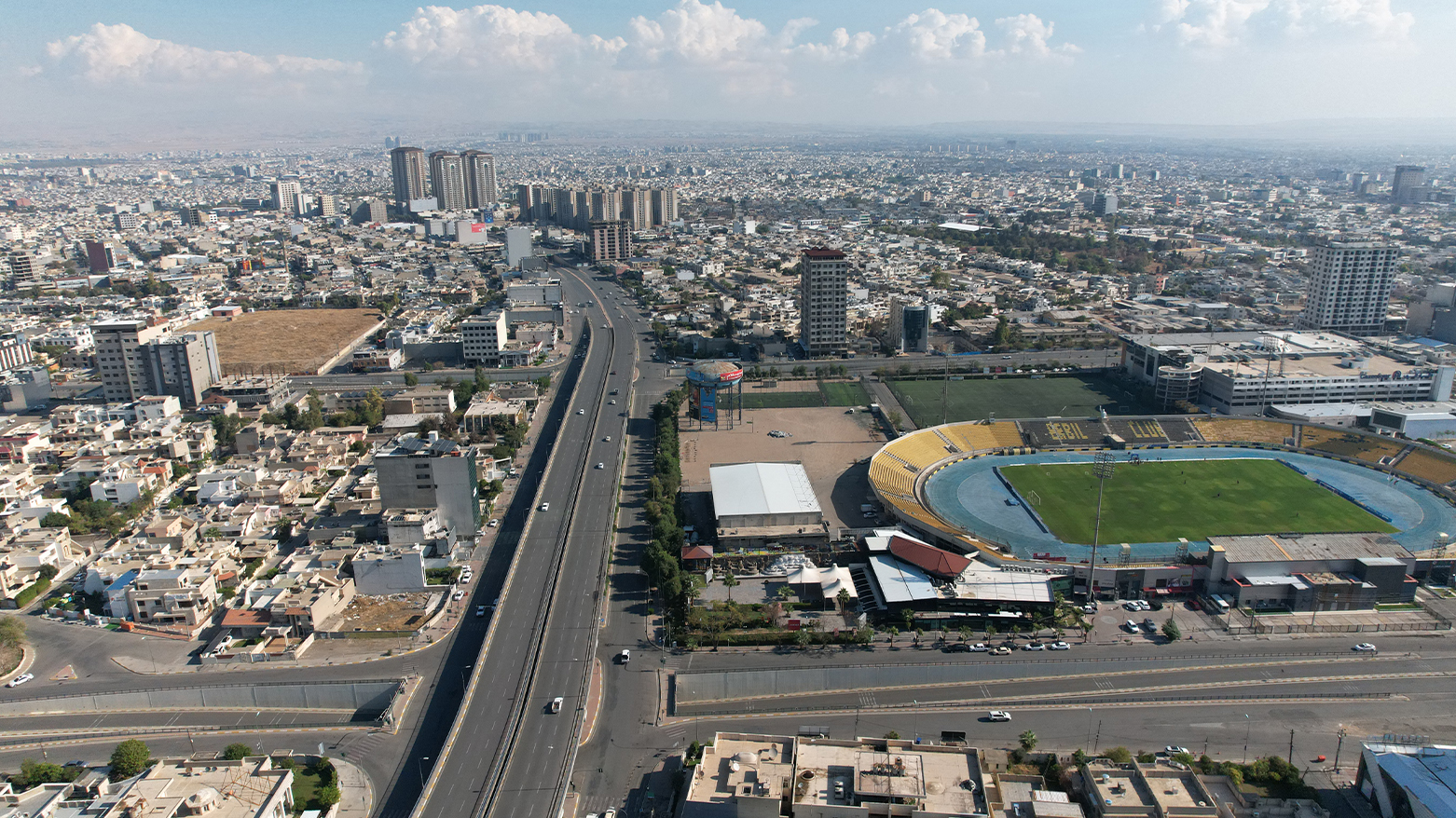KRG Launches Project to Cut Poverty Rate, Already Less Than Half of Iraq's
KRG launches a new social protection project, announcing its poverty rate is 8.6%, less than half of Iraq's 19.5%. The EU-backed plan aims to cut the rate further and ensure services during crises.

By Kamaran Aziz
ERBIL (Kurdistan 24) – The Kurdistan Region’s poverty rate stands at 8.6 percent, less than half of the 19.5 percent rate for Iraq as a whole, a top official announced Tuesday while launching a new, internationally-backed "Social Protection" project aimed at reducing poverty even further and improving citizens' living conditions.
Speaking at a press conference during the project's announcement ceremony, Sirwan Mohammed, the Deputy Minister of Planning for the Kurdistan Regional Government (KRG), outlined the multi-ministry initiative designed to create equal opportunities and ensure economic stability.
"The project was implemented under the supervision of the Ministry of Planning, in conjunction with the Ministry of Social Affairs, which is the primary beneficiary," Mohammed stated. He added that the Ministries of Trade, Education, the Department of Information Technology, the Ministry of Interior, and the Ministry of Health will also benefit from the program.
The strategy behind the project, he explained, is to create a framework for sustainable development. "The importance of the project's strategy is that it relies on the latest data and indicators available from the Ministry of Planning and other relevant ministries," he said. "Its aim is to create equal opportunities for the citizens of the Kurdistan Region to work, while ensuring that the economy continues to grow, and guaranteeing that growth within the framework of this strategy."
Mohammed highlighted the project's role as a tool to combat poverty, noting the Kurdistan Region's relative success. "The poverty rate in the Kurdistan Region is lower compared to other areas of Iraq," he said. "The rate in the Kurdistan Region was 8.6 percent in the latest survey by the Ministry of Planning, while in Iraq the rate was 19.5 percent."
Despite this, he stressed the need for continued effort: "We must work to reduce the poverty rate in the Kurdistan Region."
A key goal of the strategy is to build resilience, the deputy minister said. "The main pillar of the strategy is our ability to continue providing services to citizens during times of crisis."
The project has garnered significant international support. "The European Union has provided very good financial support for the project, with the participation of UN-affiliated organizations such as UNICEF, DFP, and UNCSHR, along with the representative of the World Bank," Mohammed noted.
He also confirmed that this is just the beginning of a larger effort, stating that only the first phase has been implemented so far and that they will work to implement the entire project in the future.
